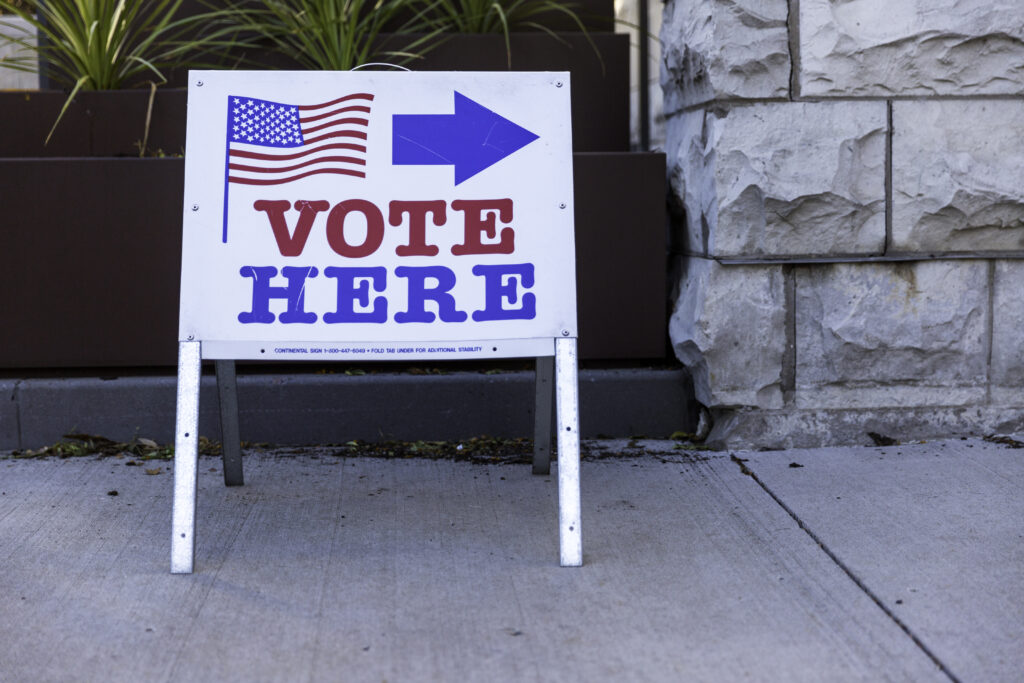The Broadway production of Hamilton, the breakout musical of 2016, has won an unprecedented 11 Tony Awards, including Best Musical. The writer, Lin-Manuel Miranda, won a Pulitzer Prize for Drama for his work.
According to the play synopsis at Broadway.com, Hamilton is the story of an “unlikely founding father determined to make his mark on the new nation as hungry and ambitious as he is. From orphan to Washington’s right hand man, rebel to war hero, a loving husband caught in the country’s first sex scandal, to the Treasury head who made an untrusting world believe in the American economy.”
Hamilton, a journalist and lawyer at the time, was appointed the first U.S. Treasury Secretary. Steve H. Hanke, senior fellow and director of the Troubled Currencies Project at the Cato Institute, discussed in a 2015 blog post Hamilton’s influence on creating a respected national judiciary and shaping American jurisprudence. Hanke wrote, “Alexander Hamilton was a distinguished lawyer. He took on many famous cases out of principle. After the Revolutionary War, the state of New York enacted harsh measures against Loyalists and British subjects. These included the Confiscation Act (1779), the Citation Act (1782), and the Trespass Act (1783). All involved the taking of property. In Hamilton’s view, these acts illustrated the inherent difference between democracy and the law. Even though the acts were widely popular, they flouted fundamental principles of property law. Hamilton carried his views into action and successfully defended — in the face of enormous public hostility — those who had property taken under the three New York state statutes.”
In 1787, Hamilton served as a delegate to the Constitutional Convention. His views favoring a more active role for the federal government put him at odds with many of the other delegates. Despite his personal views on the role of government, he was the only one of the three delegates from New York who signed the Constitution. Hamilton is a part of the narrative in creating our Constitution and later defended the document through his written work in The Federalist papers.
Hamilton carried the property rights banner to protect for American citizens an important constitutional right. Thanks in part to Hamilton’s influence, the Constitution’s Fifth Amendment prohibits the federal government from forcibly taking “private property” unless a couple of conditions are met. Today, this right is being infringed upon. Ilya Somin, a professor of law at George Mason University, explained in a 2014 Washington Post article, “The Kelo decision reopened the longstanding debate over the meaning of ‘public use’ under the Fifth Amendment of the Constitution. While most scholars and judges agree that the Fifth Amendment only allows government to condemn property if it is for a public use, the Kelo Court endorsed a broad definition of public use under which any taking qualifies so long as it might create some kind of benefit for the public. Thus, it allowed the condemnation of property for transfer from one private owner to another on the basis that the new owner might create more economic development for the community.”
Today, America is facing a constitutional crisis. Limits on the size and power of the national government intended by the Founding Fathers and placed in the Constitution have been violated repeatedly and with devastating consequences. The national government has grown to the point that it is now a clear and present danger to American life, liberty, and happiness.
The Heartland Institute’s Center for Constitutional Reform was created in 2015 to highlight ways individuals and organizations can help solve the growing threat to the nation’s liberty and prosperity posed by an out-of-control national government. We have come to believe nothing short of constitutional reform can save the nation. State legislators should remember: History has its eyes on us!
What We’re Working On
Budget & Tax
Big Tobacco Tax Hike Goes to Colorado Voters for Approval
Judy Allen writes in Budget & Tax News about a proposition on the November ballot in Colorado that would, if passed, impose a huge tax increase on cigarettes sold in the state. Allen speaks with several stakeholders who argue the tax is misguided and ineffective, representing a cash grab by the government. Read more
Education
Nevada Supreme Court Rules ESAs Constitutional, Orders Funding Change
In this article from School Reform News, Research Fellow Teresa Mull examines the Nevada Supreme Court’s decision upholding as constitutional the state’s education savings accounts (ESA) program, while ruling the legislature must find a different way to fund it. Mull quotes Michael Schaus, communications director for the Nevada Policy Institute, who said, “The ruling is essentially positive for other ESA programs throughout the nation. The funding issue, the only part with which the supreme court took issue, is such a technical constitutional violation, it doesn’t really have much teeth in other states. This ruling affirms the concept of broad-based educational choice as constitutional, a very positive win for other states that are looking for precedent.” Read more
Energy & Environment
Research & Commentary: New Clean Energy Standard Will Harm New York Consumers, Won’t Impact Environment
A new report from the Empire Center says New York State’s newly approved Clean Energy Standard (CES) will cost state ratepayers roughly $3.4 billion over the next five years. CES, which goes into effect in 2017, aims to have 50 percent of New York State’s electricity provided by renewable energy sources by 2030. In this Research & Commentary, Policy Analyst Tim Benson writes renewable energy mandates like CES force expensive, heavily subsidized electricity on ratepayers and taxpayers while providing few if any net environmental benefits. Repealing renewable power mandates, he argues, would lower electricity prices in New York, thereby raising living standards, stimulating long-term economic growth, and creating a substantial increase in net jobs. Read more
Health Care
Research & Commentary: Medicaid Expansion Is No Boon for Hospitals
In this Research & Commentary, Senior Policy Analyst Matthew Glans examines a new report released by the Department of Health and Human Services (HHS). He writes, “an examination of Medicaid’s finances found the average cost of ACA’s Medicaid expansion enrollees was nearly 50 percent higher in fiscal year 2015 than the levels HHS had projected during the previous year.” Read more
From Our Free-Market Friends
New Pioneer Institute White Paper: Transparency in Retail Drug Prices: Easy to Obtain but Accuracy May Be Doubtful
It’s far easier to get prescription drug price information than to get similar numbers from hospitals or specialty physicians, but the information is not always reliable, according to a new survey published by the Pioneer Institute. Researchers called 44 independent and chain drugstores across Massachusetts and asked for a 30-day supply in a common dosage of five generic and three brand-name drugs. Callers said they were self-pay and pressed the stores for information about discounts. Massachusetts’ 2012 state law mandating price transparency does not cover retail pharmaceutical sales. “There were virtually no transfers or dropped calls, no lengthy hold or wait times, and most of our callers were treated with courtesy,” said Pioneer Senior Fellow Barbara Anthony. “However some workers weren’t well informed about the pharmacy’s discount programs and those working in chain stores didn’t refer the callers to drug discount program information on their websites.” Read more




